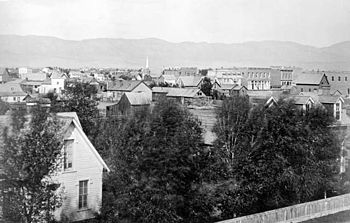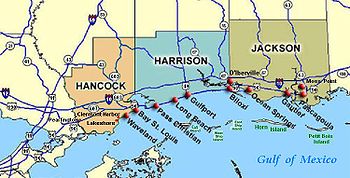Apparently no one properly explained how the wholesale model could be the best option for Fort Collins. Using a wholesale model, the city can attract multiple service providers from local to regional carriers that could boost their utilization well over 30%. Another benefit is that they do not have to keep up the technology arms race that Comcast and CenturyLink will be sure to start. Their consultant really should provide them better advice on the wholesale option.
Kevin Duggan, kevinduggan@coloradoan.com
Fort Collins residents love their internet. And like technology consumers everywhere, they want their connection to be fast, cheap and reliable. Continue reading








